
Similar Posts
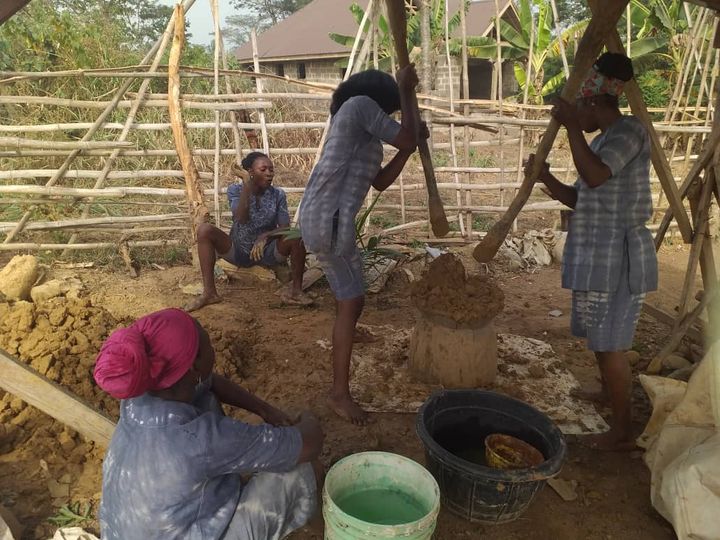
Àkòdì Òrìṣà Artists
Many models would give an arm and a leg to look as fit as these artists at the Àkòdì Òrìṣà, Ile Ife, Nigeria!
Now, look carefully at this picture.
You will see the Àkòdì Òrìṣà artists pounding clay with pestles in a mortar. Do you notice that the mortar is upside-down, as these orisa artists are pounding the clay?
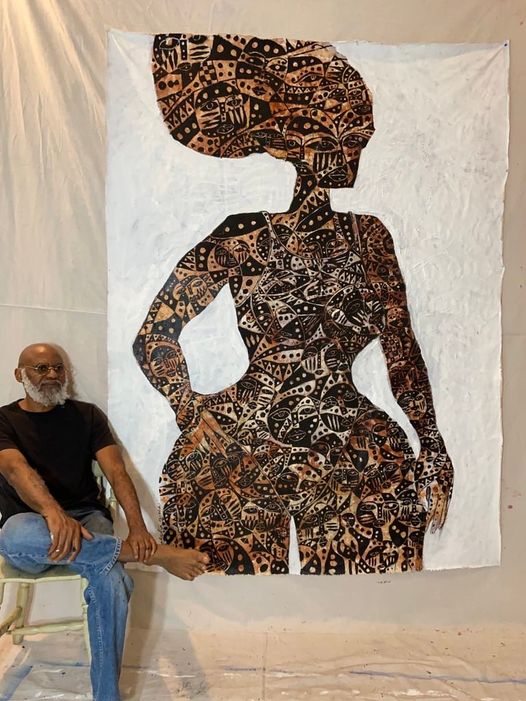
ÌWÀ
ÌWÀ
“Olódùmarè has several wives,” my father said. “Do you know that?”
We were strolling back home from his writing workshop that evening, and I was seventeen. I always accompanied him to his writing workshops where he taught playwriting
Olódùmarè is a miracle worker.
Olódùmarè is a miracle worker.
Here is a picture of the latest sculptures at the Àkòdì Òrìṣà.
The sculptures, representing a group of indigenous Ile Ife divinities including two male and two female divinities, still are works in progress.
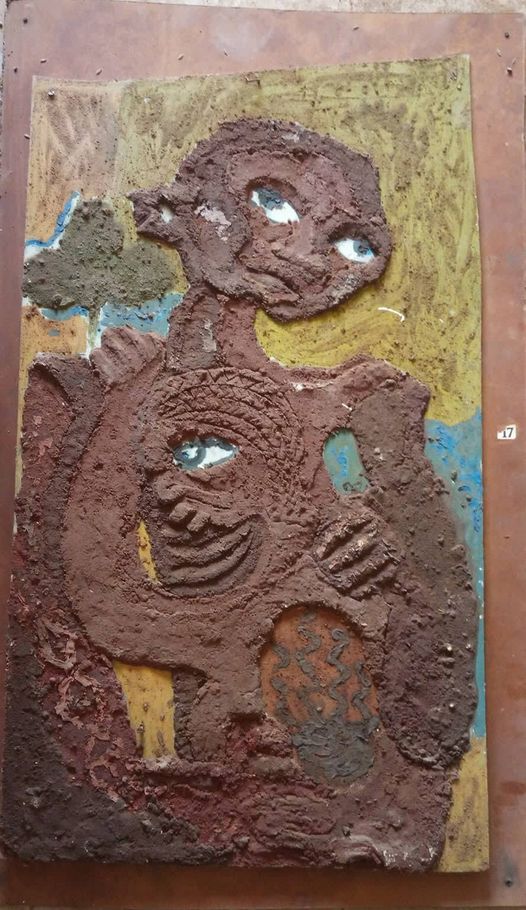
THIS MORNING
This morning, in my African Diaspora Visions class (an art history class that I teach at the University of Texas, Austin), a student from Trinidad and Tobago said, “In a hundred years, everybody in the world will be a Nigerian, or have family ties to Nigerians.”
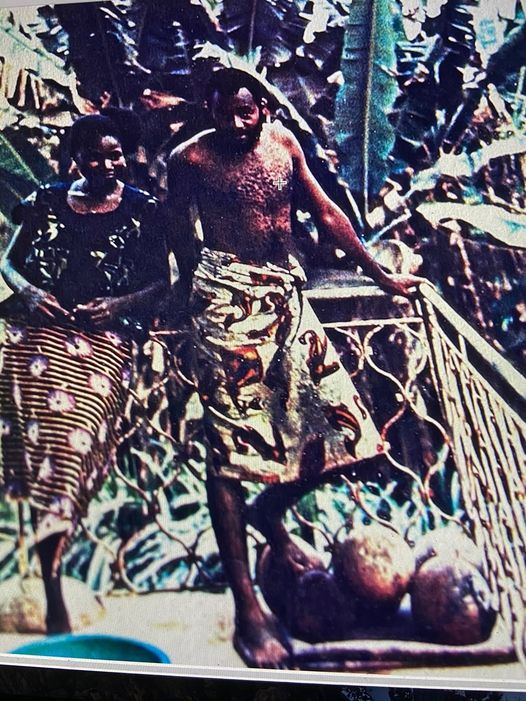
ENGLISHMAN IN BENIN CITY, 1981 (Part Nineteen A)
Today I got this email that took me back to 1985. Listen:
“Dear Moyo,
I am sure you may not remember me but I remember you most days. My name is Donald [deleted] and, at the beginning of 1985, when I came to University of Ife as a young recent graduate from Camberwell School of Art you realised I was well out of my depth and kindly took me into your home.
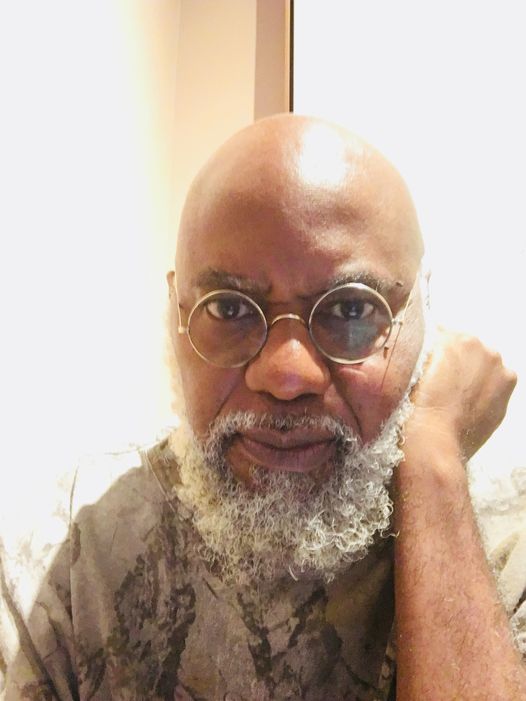
When you walk
When you walk, you are telling the story of your life with your body language. The way you move your feet tells others who you are if they pay attention to you as you place one foot in front of the other. I did not realize this reality until after my accident, after I could no longer walk on my own two legs, without the use of crutches.




